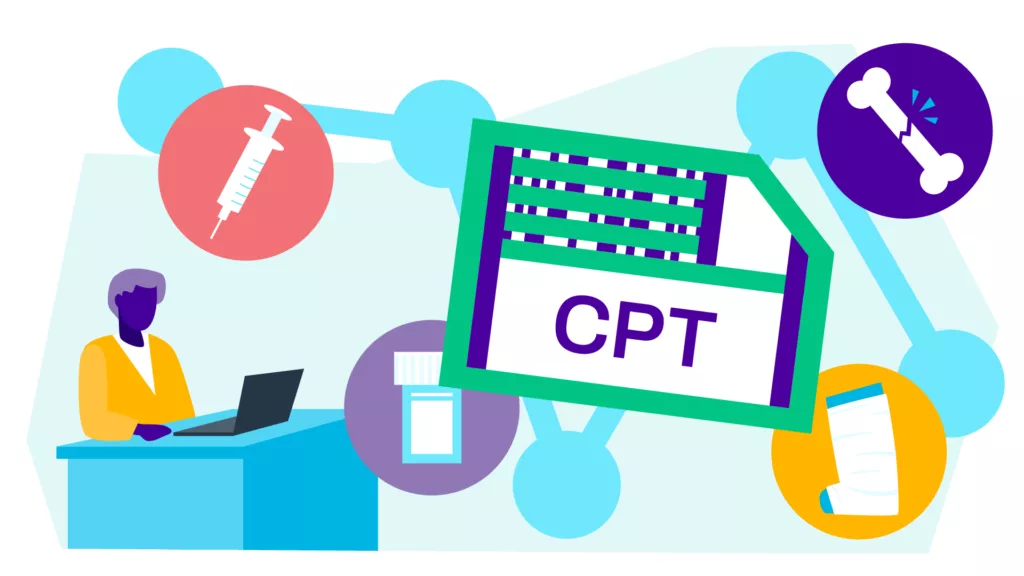Nursing homes provide a wide range of services, from routine care to more specialized treatments, all of which are billed using specific Current Procedural Terminology (CPT) codes. Understanding these codes is crucial for both nursing facilities and healthcare providers to ensure proper billing and reimbursement. In this article, we will explore the most common CPT codes used in nursing homes, their purpose, and how they impact billing procedures.
What Are CPT Codes?
CPT codes are five-digit numeric codes used by medical professionals to describe and report medical, surgical, and diagnostic services. These codes are developed and maintained by the American Medical Association (AMA) and are used primarily for billing purposes by Medicare, Medicaid, and private insurers.
Categories of Nursing Home CPT Codes
1. Evaluation and Management (E/M) Codes
Evaluation and management codes are the most commonly used in nursing homes. They are used to bill for physician visits, initial evaluations, consultations, and subsequent visits.
- 99304 – 99306: These codes represent initial nursing facility care, which includes evaluations and the creation of treatment plans.
- 99304: Initial evaluation for a new or existing patient (low complexity).
- 99305: Initial comprehensive evaluation (moderate complexity).
- 99306: Comprehensive evaluation for high-complexity cases.
- 99307 – 99310: These are follow-up codes for subsequent nursing facility care.
- 99307: Low-complexity follow-up visit.
- 99308: Moderate-complexity follow-up visit.
- 99309 – 99310: High-complexity follow-up visits.
- 99315 & 99316: Used for discharge management, with distinctions made between short-term and long-term care
2. Physical Therapy (PT) CPT Codes
Physical therapy plays a vital role in nursing homes, especially for residents needing rehabilitation after surgery or illness. Specific CPT codes are used to bill for these services:
- 97161 – 97163: Physical therapy evaluations based on complexity.
- 97161: Low complexity.
- 97162: Moderate complexity.
- 97163: High complexity.
- 97164: Re-evaluation of a patient for physical therapy
3. Occupational Therapy (OT) CPT Codes
Occupational therapy helps patients recover skills needed for daily activities. Like physical therapy, CPT codes are categorized by complexity:
- 97165 – 97167: Occupational therapy evaluations based on complexity.
- 97165: Low complexity.
- 97166: Moderate complexity.
- 97167: High complexity.
- 97168: Re-evaluation for occupational therapy
4. Speech Therapy CPT Codes
Speech therapy helps patients with communication and swallowing disorders. These services are also billed using specific CPT codes:
- 92521: Speech therapy evaluation.
- 92522: Speech therapy evaluation with modifiers.
- 92523 – 92524: Speech therapy treatment based on the complexity and length of the session
5. Wound Care CPT Codes
For residents with chronic wounds, appropriate documentation and billing are essential. Wound care CPT codes account for the complexity and the amount of tissue debrided:
- 97597: Debridement of skin or wounds.
- 97598: Removal of devitalized tissue.
- 97602: Non-surgical wound care
6. Psychiatric and Psychological CPT Codes
Many residents in nursing homes require mental health services, especially for conditions like depression, anxiety, or dementia. These services are billed through specific psychiatric and psychological codes:
- 90832 – 90838: Psychotherapy sessions based on duration.
- 96116: Neurobehavioral status exam.
- 96127: Brief emotional/behavioral assessment
7. Radiology and Diagnostic CPT Codes
Nursing home residents often require diagnostic services such as X-rays and lab tests. These services are billed using radiology CPT codes:
- 71010 – 71035: Chest X-rays based on the number of views.
- 72100 – 72133: Spine and pelvis X-rays.
- 80048 – 80061: Blood tests such as metabolic panels
8. Injection and IV Medication CPT Codes
Nursing home residents frequently need medication administered via injections or IVs. These are billed with specific codes:
- 96372: Subcutaneous or intramuscular injection.
- 96365: IV infusion
Modifiers Used with CPT Codes in Nursing Homes
Modifiers are additional codes used to provide extra information about the service or procedure performed. Some commonly used modifiers include:
- Modifier 25: Indicates a separate E/M service was performed on the same day as another procedure.
- Modifier 59: Indicates that a distinct service was performed.
- Modifier 51: Indicates multiple procedures during a single session
Billing Considerations for Nursing Home CPT Codes
Medicare Part A and Part B
Nursing home services are generally billed through Medicare Part A for short-term stays (up to 20 days). After 21 days, partial coverage applies, and co-insurance may be required. Once Part A coverage is exhausted, Medicare Part B can cover long-term care services
Documentation Requirements
Accurate documentation is crucial for successful reimbursement. Nursing homes must provide detailed patient records, including treatment plans, time spent on services, and the complexity of care. Any missing or incomplete documentation may result in claim denials or reduced payments
Conclusion
Understanding and correctly using CPT codes in nursing home billing ensures that healthcare providers are properly reimbursed for the care they provide. Whether it’s for routine evaluations, therapy sessions, or specialized services like wound care or mental health treatment, proper coding and documentation are key to streamlining the billing process and maximizing reimbursement.








